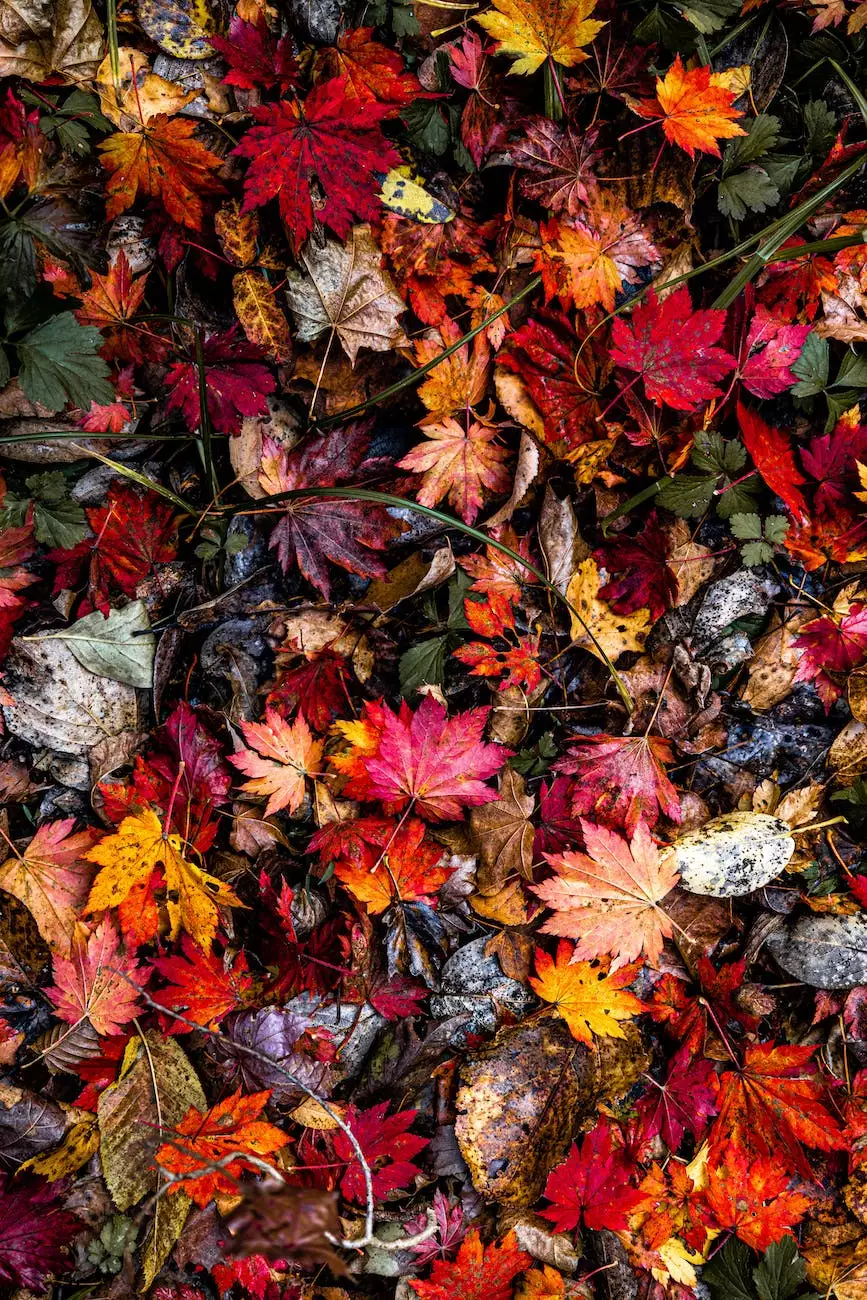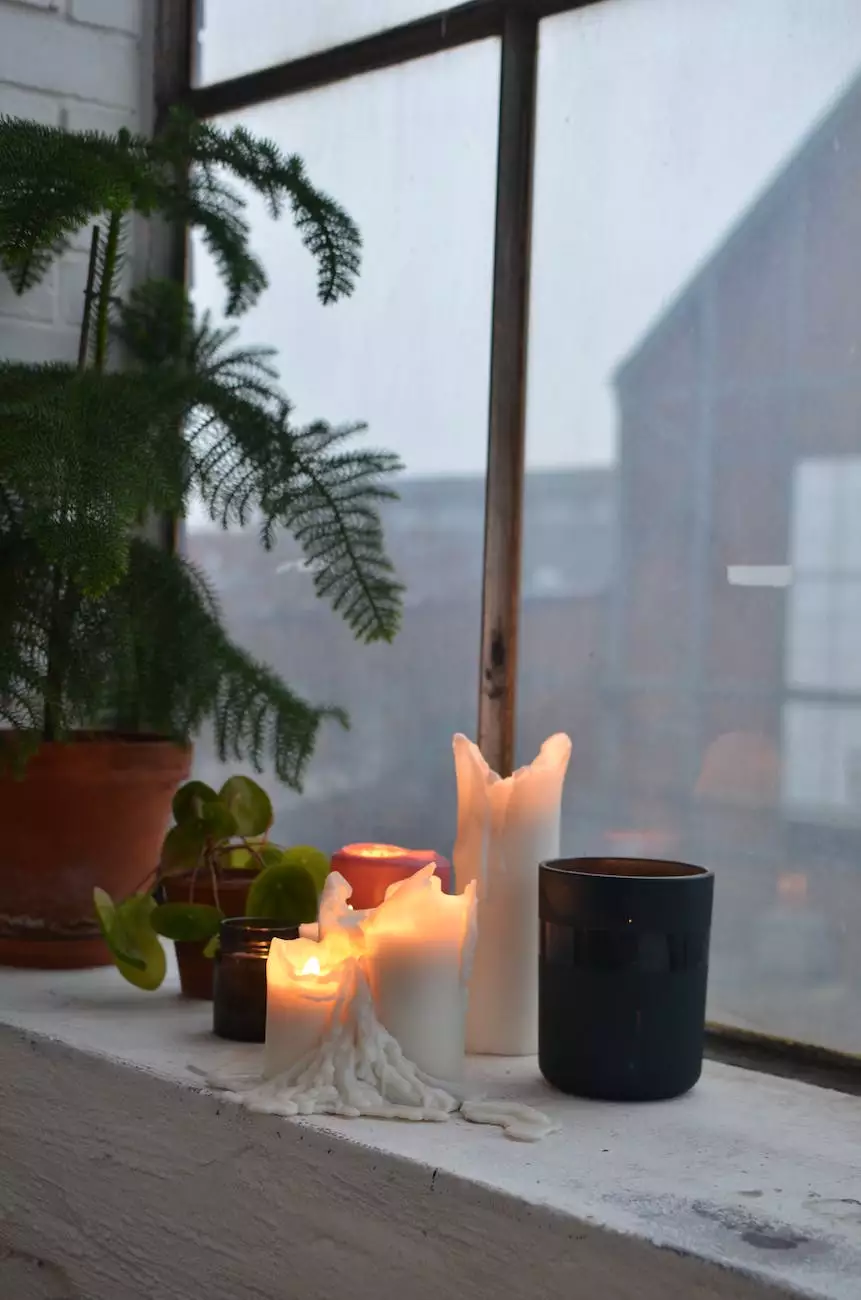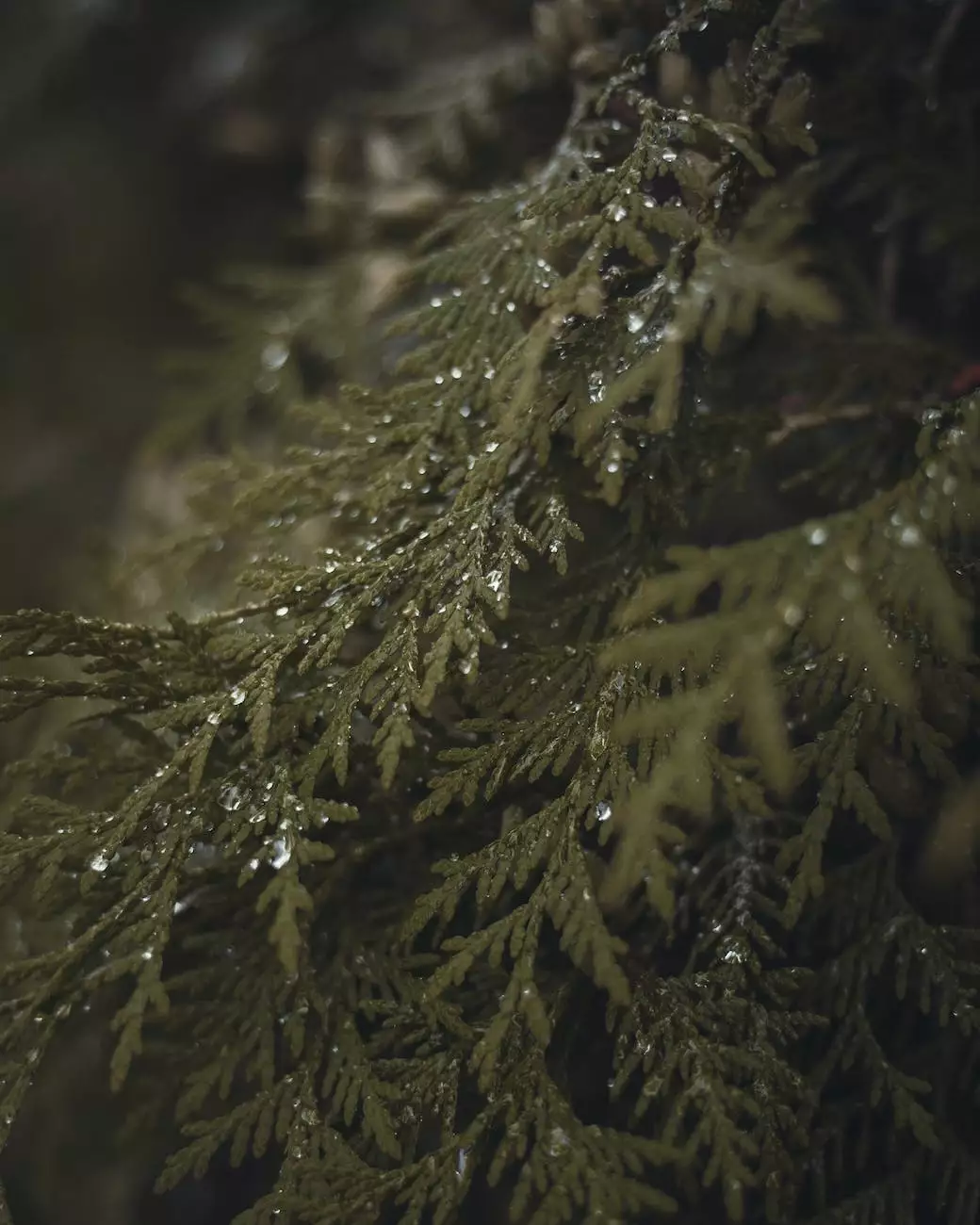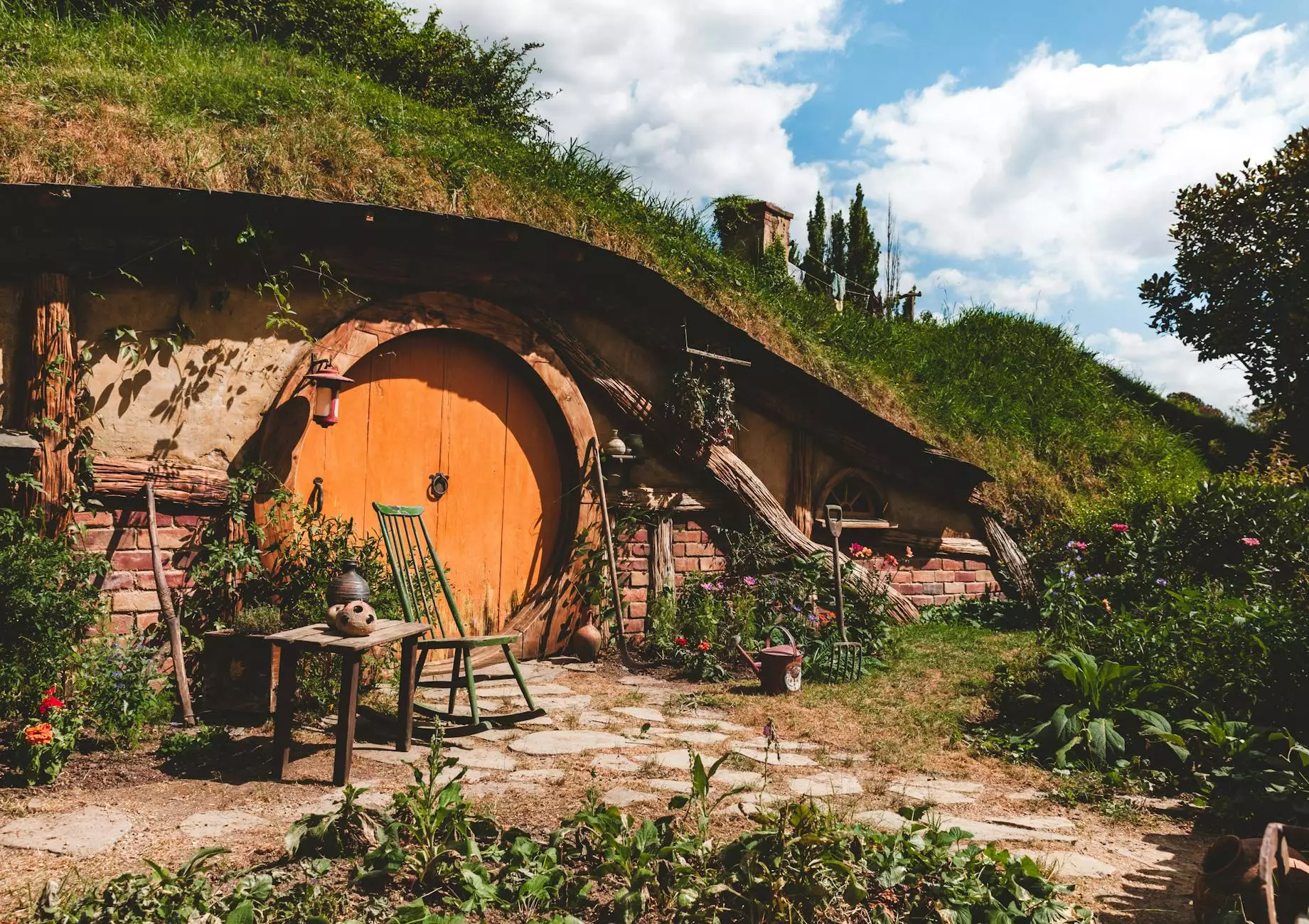Ted Lare Des Moines Iowa - Reasons to Keep Those Fallen Leaves
Fall Color
As autumn arrives in Des Moines, Iowa, and the leaves start to fall, many people see them as a hassle to clean up. However, Ted Lare, a renowned horticulturist and owner of Cutting Hedge Services, believes that fallen leaves hold immense value for your garden. In this comprehensive guide, we will explore the numerous benefits of keeping and composting those fallen leaves.
1. Natural Mulch for Your Garden
Fallen leaves can serve as a natural and free mulch for your garden. By keeping the leaves and spreading them around your plants, you create a protective layer. This layer helps to retain moisture, regulate soil temperature, and suppress weed growth. Additionally, as the leaves break down over time, they contribute essential nutrients back into the soil, enriching it in a natural and sustainable manner.
2. Encourages Healthy Soil
When fallen leaves are left on the ground, they act as a natural fertilizer and soil conditioner. As they decompose, they release valuable organic matter into the soil. This organic matter improves soil structure, promotes aeration, and enhances water retention. The increased organic matter also facilitates the growth of beneficial soil organisms, such as earthworms and beneficial bacteria, which promote nutrient cycling and plant growth.
3. Provides Habitat for Wildlife
Fallen leaves create a microhabitat that supports a variety of beneficial insects, fungi, and other wildlife. Many insects, like butterflies and beetles, use leaves as food sources and places to lay their eggs. Numerous species of spiders, centipedes, and ground-dwelling arthropods find shelter under the protection of leaf litter. This diverse ecosystem contributes to the overall health of your garden by promoting natural pest control and ecological balance.
4. Reduces Landfill Waste
By composting your fallen leaves, you contribute to reducing landfill waste. Leaf litter constitutes a significant portion of municipal waste during autumn. When leaf litter decomposes in a landfill, it produces methane gas, a potent greenhouse gas. By composting leaves, you divert this waste from landfills and instead transform it into a valuable resource for your garden.
5. Cost-effective and Sustainable
Using fallen leaves in your garden is not only environmentally friendly but also cost-effective. By utilizing what nature provides, you reduce the need for store-bought mulch or fertilizers. Additionally, composting your leaves saves money on garbage bags or yard waste disposal services. The sustainable practice of reusing fallen leaves aligns with Ted Lare's commitment to sustainable and responsible gardening.
6. Tips for Effective Leaf Composting
Now that you understand the benefits of keeping and composting your fallen leaves, Ted Lare shares some expert tips on efficient leaf composting:
- Shred the leaves: Shredding the leaves into smaller pieces accelerates the decomposition process and prevents matting.
- Add nitrogen-rich materials: To balance the carbon-to-nitrogen ratio, enhance decomposition, and prevent the compost from becoming too acidic, add nitrogen-rich materials like grass clippings or vegetable scraps.
- Turn the pile: Regularly turn the compost pile to promote aeration, which helps the decomposition process and prevents unpleasant odors.
- Monitor moisture levels: Keep the pile moist but not waterlogged. Regularly check the moisture levels and add water if necessary.
- Composting time: Depending on various factors like temperature and leaf types, leaf composting can take anywhere from six months to a year. Patience is key!
Conclusion
In conclusion, keeping and composting fallen leaves is a simple yet highly beneficial practice for any garden enthusiast in Des Moines, Iowa. The natural mulch, improved soil health, wildlife habitat, landfill waste reduction, cost-effectiveness, and sustainability all make leaf composting a win-win situation. Follow the expert tips shared by Ted Lare to maximize the value of your fallen leaves and create a garden that thrives with nature's offerings.
Remember, keeping fallen leaves and composting them not only benefits your garden but also contributes to a healthier and more sustainable environment. Embrace this environmentally conscious approach and help make a difference today!




